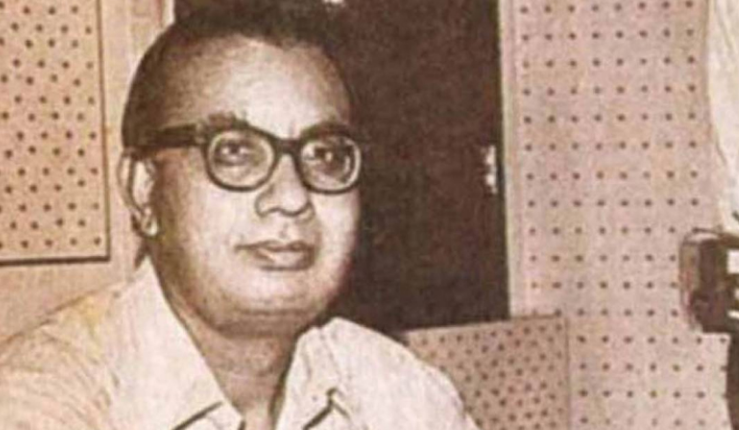Islamabad (Web Desk): On the occasion of the 47th death anniversary of the legendary Urdu poet and humorist, Ibn-e-Insha, his admirers from across the globe are remembering his enduring contributions to the world of literature.
His remarkable ability to weave humor into the fabric of poetry, alongside his sharp wit and charm, continues to inspire audiences and shape the landscape of Urdu literature even today.
Born as Sher Muhammad Khan in 1927 in the town of Jalandhar, in what was then British India, Ibn-e-Insha’s journey from his homeland to Pakistan marked a significant chapter in his life.
Through his poetic verses and humorous writings, he transcended borders, becoming a beloved figure not just in the subcontinent but far beyond.
In recognition of his artistic brilliance, he was honored with the prestigious Pride of Performance Award in 1978.
His poetry, celebrated for its simplicity, often harbored a depth of meaning that resonated with people from all walks of life.
However, it was his gift for humor that truly set him apart, capturing the essence of daily life with a keen sense of irony and joy. Insha's ability to craft light-hearted yet profound verses remains unmatched, with his iconic ghazal "Insha Ji Uttho" having earned a place among the classics of modern Urdu poetry.
In addition to his poetic mastery, Ibn-e-Insha’s travelogues were a testament to his observant nature and unparalleled storytelling. Titles like “Awara Gard Ki Diary” and “Nagri Nagri Phira Musafir” brought together both his wanderlust and wit, offering readers a glimpse into distant lands through his unique lens.
His writings—be it his humor-filled essays, his travel diaries, or his correspondence—spoke to a diverse audience, capturing the spirit of the times with humor, satire, and profound insight.
Insha's legacy extends beyond poetry and prose. His collection of humorous works, “Khumar-e-Gandum” and “Urdu Ki Aakhri Kitaab”, exemplified his distinctive approach to social commentary, blending humor with critique.
Even today, his literary contributions continue to enrich the cultural fabric of Urdu literature, ensuring his place as a luminary whose words remain timeless.


